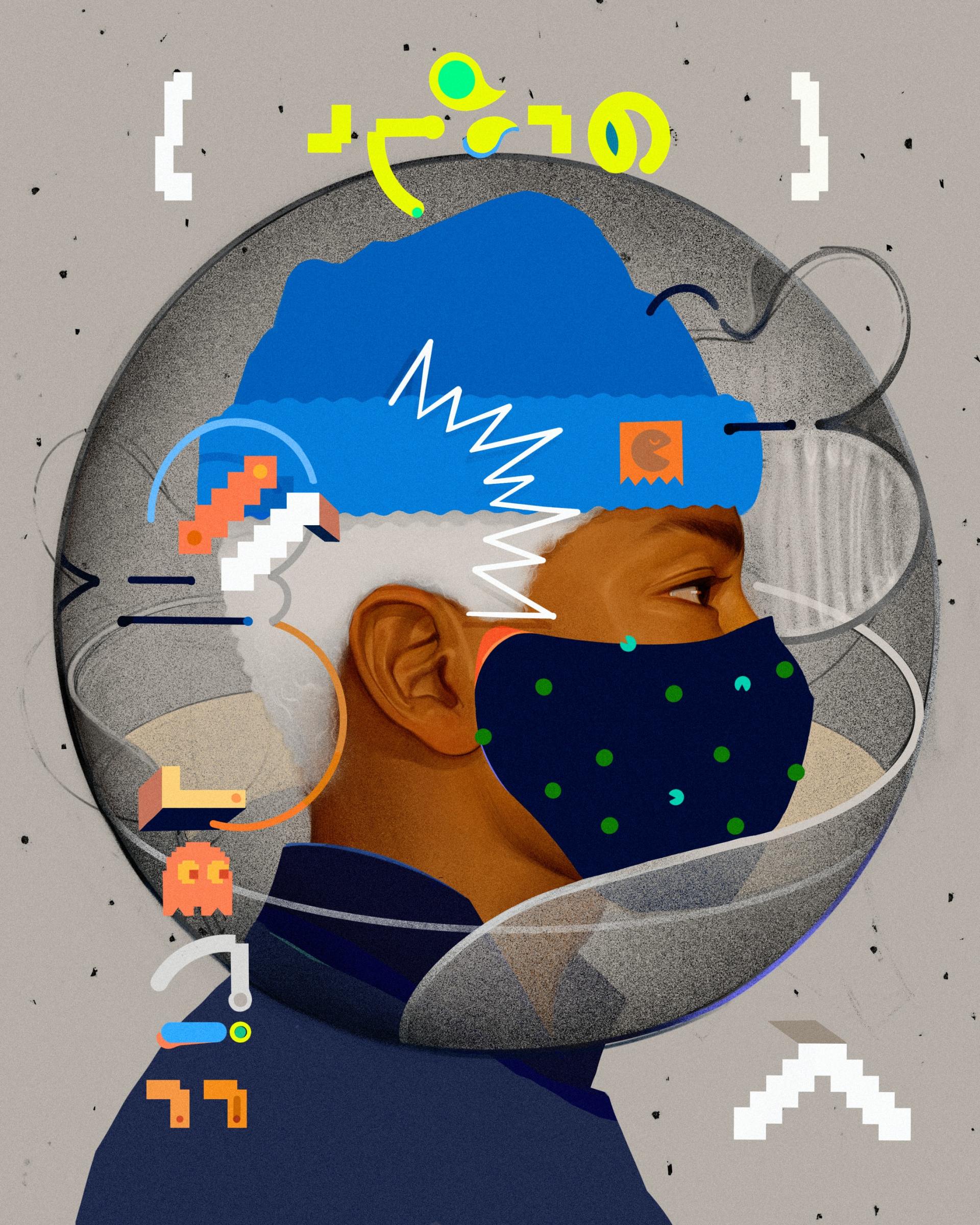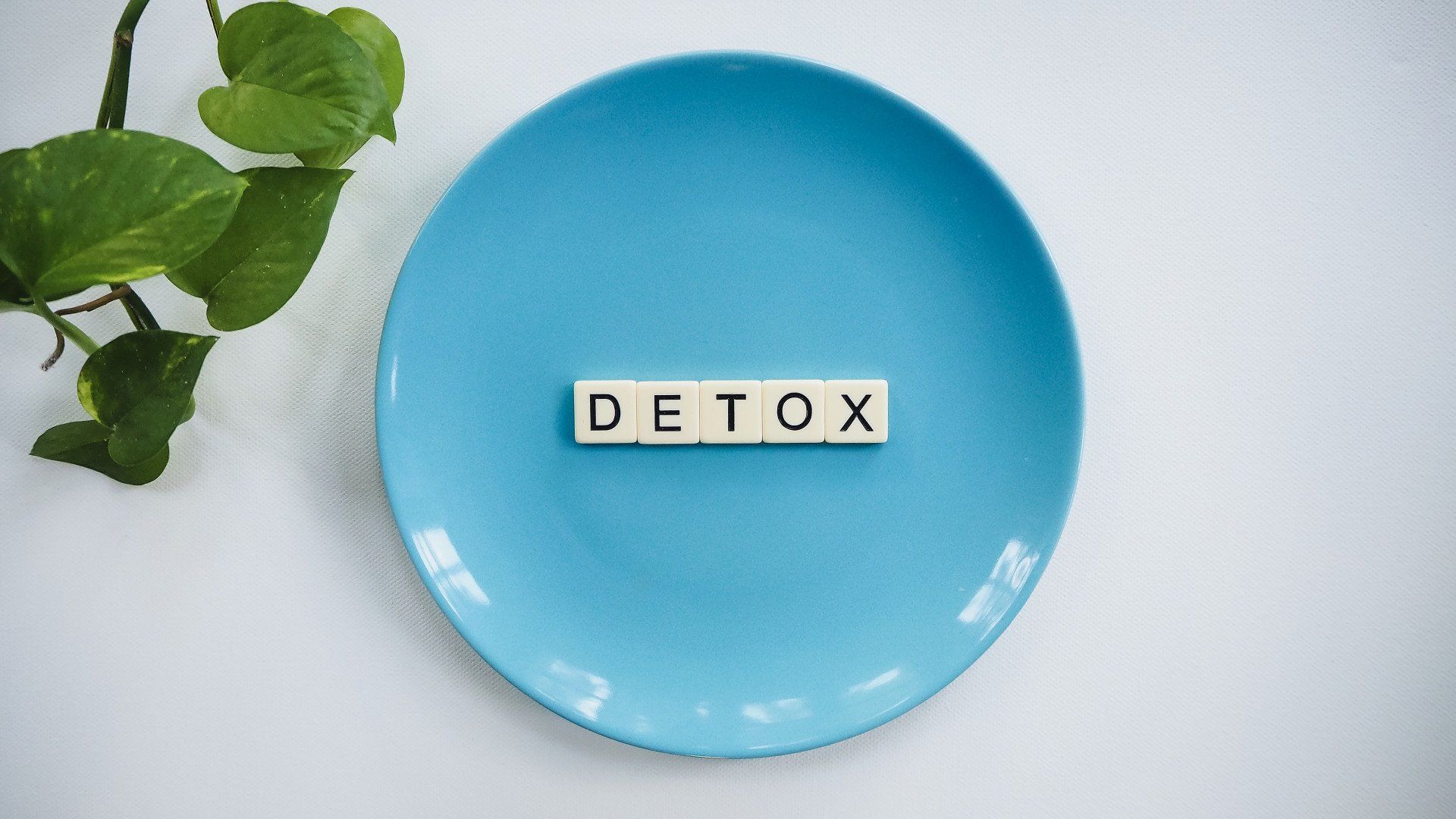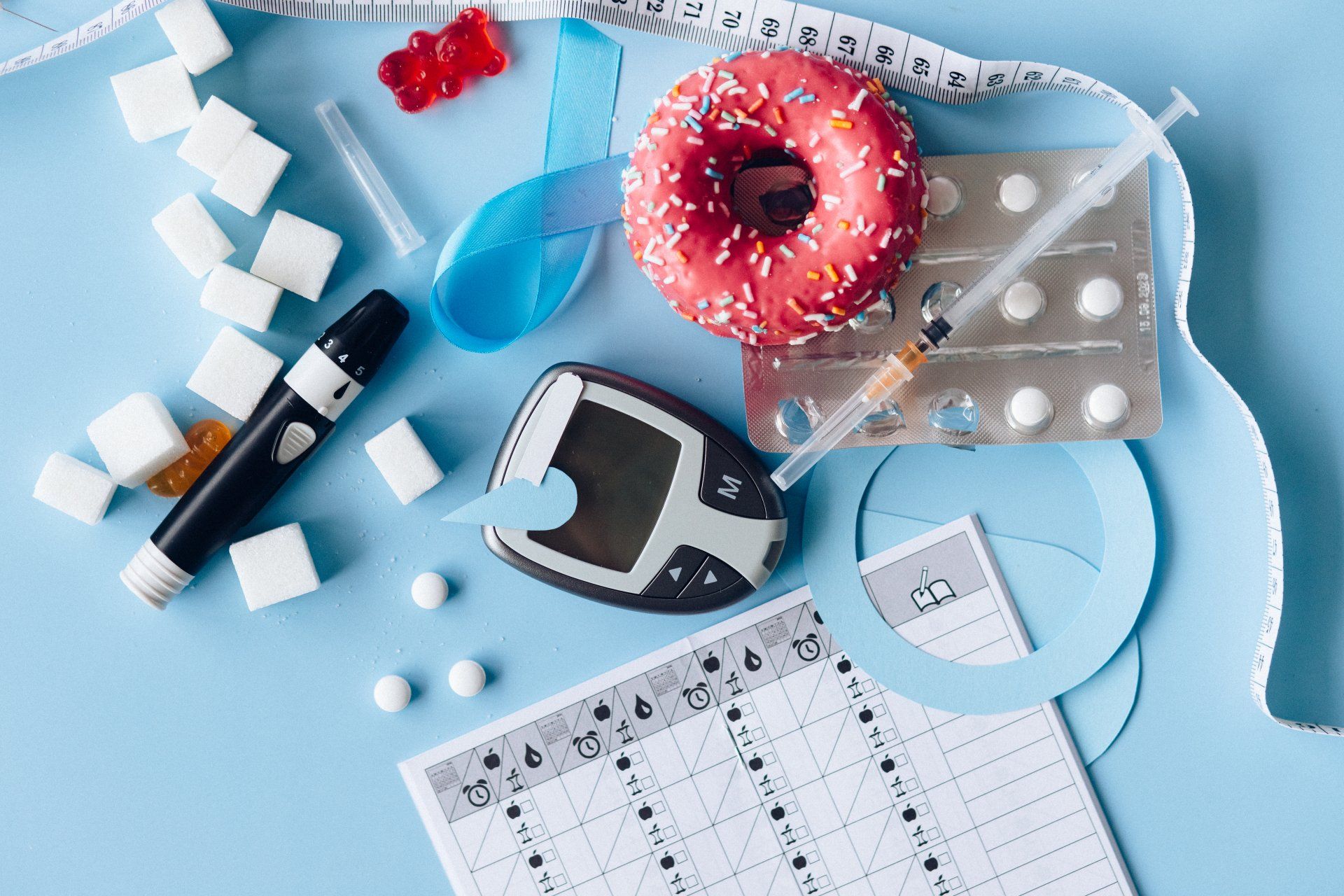What is the Immune System?
The immune system is a complex network of cells and organs essential for human health. In essence, it protects the body from infectious micro-organisms like viruses, bacteria, and fungi. If these micro-organisms enter the body, the immune system combats them. The world we live in is alive with pathogens and parasites. Our immune system is our defense against them. Sometimes this system requires assistance from medication, but whether actively protecting us from germs or promoting recovery, it is one of the major health systems and is vital for survival.
1. White Blood Cells
Also known as leukocytes, white blood cells circulate all over the body via blood vessels and lymphatic vessels. The lymphatic vessels run parallel to the arteries and veins of the circulatory system. Leukocytes are continuously patrolling for potentially harmful pathogens. If they encounter a target like a virus or a bacterium, they start to multiply. As they multiply, they send out communicative signals to other types of cells involved in combating pathogens, encouraging them to multiply as well.
2. White Blood Cell Storage: Lymphoid Organs
The lymphoid organs are like storage centers for our white blood cells. These organs include the spleen, thymus, lymph nodes, and bone marrow. While these storage centers are vital for optimum immune system function, other tissues also play a role in storing and supporting immune system function. These include tonsils, the skin, and the membranes of the throat, nose, and genitals.
3. The Spleen
Of all the organs of the immune system, the spleen is the largest. It is located on the upper left-hand side of the abdomen, in front of the diaphragm and behind the stomach. The size of the spleen can vary considerably but is, on average, about the size of a fist. At any given time, the spleen contains a substantial amount of blood, which it filters as part of its immune system function. It is also, as mentioned, a storage center for leukocytes.
4. Thymus
Another lymphoid organ, the thymus is situated in the lower neck in front of the chest. This organ decreases in size with age, as it loses many of its active immune cells. The thymus is a storage center for white blood cells and plays a significant role in acquired immune system health. The thymus also features hormone-releasing cells that tell T-cells (lymphocytes) to grow.
5. Phagocytes
Phagocytes are cells that play a role in immune system function, surrounding pathogens and breaking them down by absorbing them. There are various types of phagocytes, the most common of which are called neutrophils. Their main function is to attack and combat bacteria. Macrophages are involved in patrolling for dangerous pathogens, but they also help remove dead or dying cells. Mast cells are involved in defending against pathogens and promote wound healing.
6. Lymphocytes
One of the unique features of the immune system is its ability to remember pathogens that it successfully combated; therefore people typically don’t get the same cold virus twice or suffer a repeat bout of chicken pox. Lymphocytes allow the body to remember former invaders. Should these pathogens attack again, the lymphocytes trigger an immediate response. There are two types of lymphocytes in the body: B lymphocytes and T lymphocytes. The former produce antibodies: the latter destroy damaged cells in the body.
7. The Immune System Response
The basis of immune response is the relationship between antibody and antigen. An antigen is essentially an invader. When the cells of the immune system recognize it as such, they begin to produce antibodies. Antibodies, a type of immunoglobulins, are proteins that then attach to specific antigens. Each kind of immunoglobulin is skilled at dealing with certain types of antigens such as bacteria and other microbes. After immune system cells are alerted to these invaders, the immune system can level a targeted attack against them to protect the body.
8. Innate Immunity vs. Acquired Immunity
Innate immunity is the type of immunity with which humans are born. Right from the start, the immune system functions to protect the body from what it deems dangerous pathogens. Acquired immunity refers to enhancements to the immune system. As we successfully combat specific viruses and develop protections against them, we refer to these developments as adaptive or acquired immunity.
9. Disorders of the Immune System
The immune system is not without its vulnerabilities. There are various ways harm can come to this complex organization. The immune system may fail to protect the body if it is damaged in some way. Excessive alcohol use and obesity are two conditions that can decrease the optimum function of our immunity. The disease known as AIDS can sabotage the immune system, causing life-threatening malfunctions. Autoimmune disorders like rheumatoid arthritis cause the immune system to mistake the body’s own tissues as invaders.
10. Supporting Health
The immune system's protection from disease-causing pathogens and infectious invaders is a vital part of life, so it’s important to support its optimum function. Chronic stress can decrease immunity. Malnutrition, over consumption of alcohol, tobacco smoke, and exposure to environmental toxins can tax the system. Following a nutritious diet that includes probiotics will help maintain your body's immunity
How your immune system works to protect you from infection
• We are constantly under threat – as we drink from a glass, walk outside with the dog or hug our children.
• During our daily lives, our bodies are bombarded by pathogens that can make us sick.
• Viruses, fungi and bacteria that want to get into our system and mess it up.
• Understanding how our immune systems work is central to staying healthy, so let us brush up on the basics.
What is your immune system?
• In short, your immune system is your body’s defense system.
• It is a physiological system that protects us from internal and external threats and plays a key role in helping us stay alive, for longer.
• The human immune system is made up of special organs, cells and chemicals that love to fight infections.
It also works like a logbook of disease.
• Humans are made up of trillions of micro-organisms, and it’s the job of our immune systems to rifle through every one of them, working out which are good, which are bad, and which are natural.
• When it’s doing its job properly, it ignores the good bacteria in our bodies and targets the bad.
• Then it remembers the bad ones, to help it recognize them quickly in the future.
• But because so many viruses have different strains, they can cause multiple illnesses in our lives.
• The common cold is a good example of this.
• With new viruses our bodies have no memory of it, making us vulnerable to catching the virus.
How does the immune system work?
It is complex. Our immune systems are made up of lots of parts, but the main ones are:
• White blood cells – key players, moving through your body to look for invaders
• Antibodies – help you fight microbes or the toxins they produce
• Complement system – made up of proteins that complement the work done by antibodies
• Lymphatic system – has a varied role, but can manage your fluid levels, deal with cancer cells, react to bacteria, and take out cell products that would otherwise turn bad
• Spleen – destroys old and damaged red blood cells
• Bone marrow – in charge of producing red blood cells needed to carry around the oxygen we breathe
• Thymus – produces white blood cells that fight off the bad bacteria.
When the immune system senses bad bacteria, B lymphocytes, which are specialized proteins, make antibodies that lock on to the nasty bacteria.
That way, if they ever get into our systems again, the antibodies are there to do their job.
But those antibodies can’t destroy it without help.
That is the job of T cells. They destroy antigens tagged by antibodies or cells that are infected or changed.
So, when your body notices it has been invaded by something bad, it can react in a variety of ways.
For example, a rise in body temperature, or a fever, is an immune response.
Your immune system heats up your body because it can kill some microbes and it triggers the body’s repair process.
Why do older people do worse than younger people when infected with aggressive viruses?
• Typically speaking, our immune systems peak during our reproductive years and then decline as we grow older.
• So, as we age, our immune system becomes more compromised and less able to do its job, which makes us more susceptible to getting infections.
• To put it bluntly, older immune systems are weaker.
• They have a harder time killing cells and a reduced ‘attention span’ so viruses can take advantage of it and overwhelm us.
• Some immune systems age faster than others, and although it is not fully understood our lifestyles – how much we exercise, what we eat, how stressed we are and if we get good sleep – have a lot to do with how quickly they age.
What threatens your immune system?
• Fighting pathogens is hard work.
• We can help make it easier, or we can make it difficult for our bodies.
• Drug use, drinking and smoking will all help shorten the life of our immune systems, and thus our lives.
• Smoking is the biggest most avoidable threat to your immune system.
Thank you for your support in reading this article and hopefully, you have found it beneficial.
"Providing Better Health Through Knowledge"







